Did you kn ow that Christmas celebrations haven’t always been legal in the United Kingdom or the U.S.A.?
ow that Christmas celebrations haven’t always been legal in the United Kingdom or the U.S.A.?
In 1640, the Scottish Parliament passed an act abolishing the “Yule” holiday and all associated feasts and festivities. A similar act was passed in England in 1644, banning Christmas celebrations to rid the country of the decadence and excess that was believed to not be in keeping with the true spirit of the holiday. The English act was only in force until 1660, while the Scottish ban on Christmas celebrations remained in effect until 1686. The latter was reinstated in 1690 until its partial repeal in 1712.
There have also been other attempts to force the public to observe the Christmas holiday in a certain manner. The Holy Days and Fasting Days Act of 1551 in England required that every person attend a Christian church service on Christmas day. It also forced them all to walk to get there. Though it is often reported that this act remains in force today, portions of the Act were repealed in 1888 with the remainder removed in 1969.
Christmas celebrations were banned in Massachusetts between 1659 and 1681. The Puritan settlers wished to avoid the disorder they thought came with the celebrations, as they believed it dishonored God and offended the community. Engaging in labour, having feasts, or any other violations of the no-Christmas celebrations law were subject to a fine of 5 shillings.
Since there are no similar bans in Canada, Daniel & Partners LLP would like to wish you all a Merry Christmas and Happy Holidays!
Blog post written by Karen Shedden, NCA Candidate






